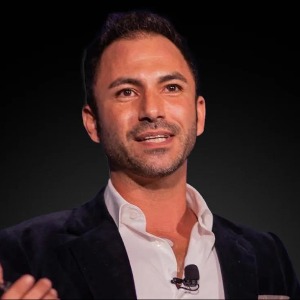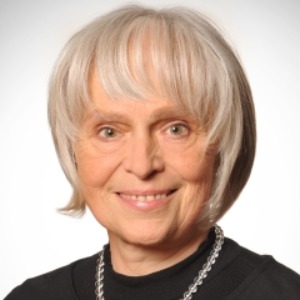10th Edition of International Conference on
Holistic Doctor
Holistic medicine is a form of traditional medicine that has become increasingly popular over the last few decades. Unlike traditional medicine, holistic medicine takes a whole-person approach to health and wellness by focusing on the interconnections between mind, body, and spirit. It focuses on treating the individual rather than just the symptoms of disease. Holistic doctors take into consideration all aspects of a person's health, including physical, emotional, mental, social, and spiritual, and strive to find the root cause of illness or disease. Holistic doctors are typically board-certified in traditional medical fields such as Internal Medicine, Pediatrics, Family Practice, and Obstetrics and Gynecology, but may also hold additional certifications in holistic practices such as acupuncture, homeopathy, oriental medicine, massage therapy, and nutrition. Holistic doctors strive to improve a patient’s overall wellbeing through proactive measures such as lifestyle and dietary changes, herbal remedies, stress management, exercise programs, and other natural therapies. The approach of a holistic doctor differs vastly from that of a conventional doctor. While a conventional doctor may only look at the physical symptoms, a holistic doctor takes into account the entire physical, psychological, emotional, and spiritual well-being of the patient and tries to understand how they are all interconnected. For example, a conventional doctor might treat a stomachache with a medication, while a holistic doctor may look at the root causes of the underlying issues such as food sensitivities, stress, or lifestyle factors that could be contributing to the problem. Traditional holistic medicine is an important part of healthcare and many patients see great benefits from it. If you’re interested in exploring holistic medicine, make sure to find a board-certified holistic doctor that offers personalized care that’s focused on your individual needs.

Kenneth R Pelletier
University of California School of Medicine, United States
Marilyn Allen
American Acupuncture Council, United States
Girish Momaya
Stichting Maharishi European Research University, Netherlands
Julieta Andico Songco
JAS Consulting Services, United States
Farah Ganjei Gron
New Life Homeopathy, United States
Nima Farshid
Gaia Healers | Bio-Well Global | HealthenRX, United States


